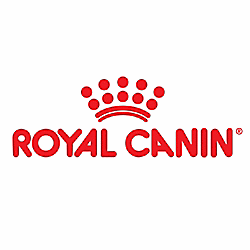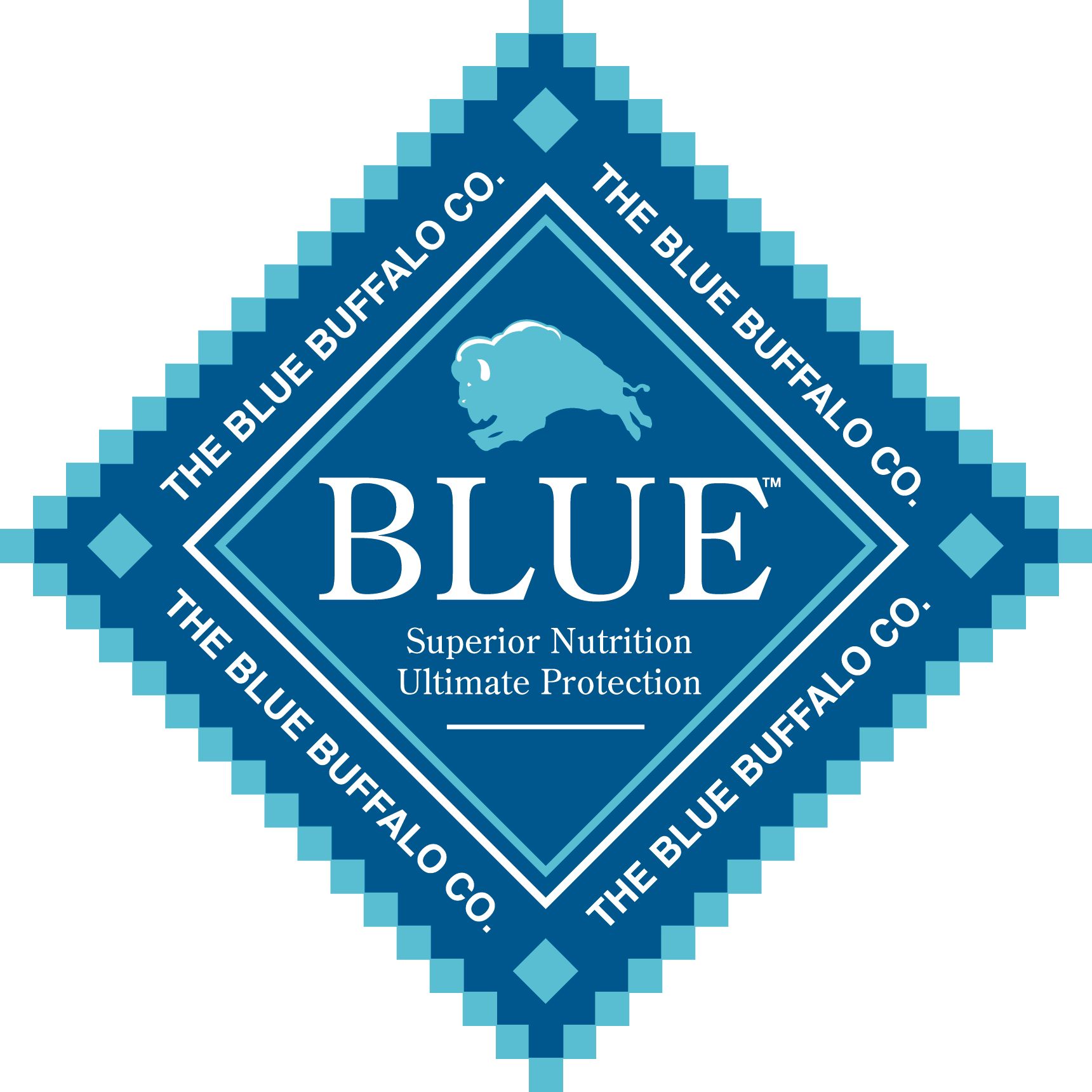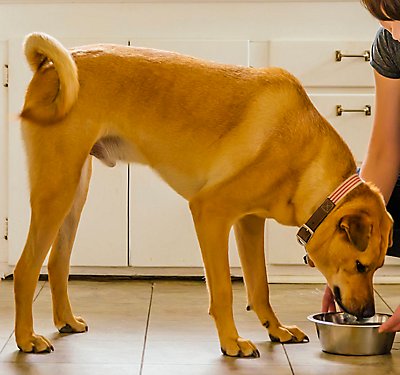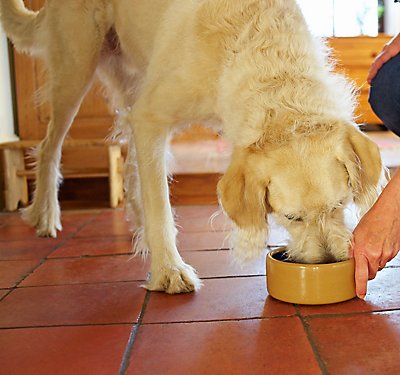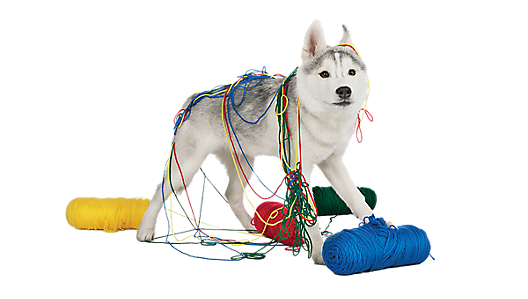
 top
top
DOG / nutrition
How to Help Your Dog’s Upset Stomach
Overview
6 Steps to Take When Your Dog’s Stomach is Upset
As a pet parent, your dog’s health is your top priority. So when they aren’t quite feeling themselves, you want to do everything you can to help them. The most obvious signs that your playful pup is feeling under the weather are frequent defecation or diarrhea or vomiting. If you notice your dog wanting to go outside more often than usual, they may have an upset stomach that needs your attention. But what can you do to help?
1. Consider Consulting With Your Vet
Touching base about what’s going on with your dog could be imperative to helping them get better. Though it could just be a stomach ache, it could also be something more dangerous. So it’s always best to get your vet’s office just to be careful.
2. Investigate
Put on your detective hat. The next step to getting your dog back on the path to health is finding the bellyache-causing culprit. Like in humans, there is a wide range of possible causes for your furry friend’s upset stomach. It could be something as simple as a new food that has been recently introduced, or as serious and complex as an infection or other medical condition. Unfortunately, the cause may not always be obvious.
However, as we all know, our canine companions can sometimes get curious about certain things that aren’t necessarily meant for their consumption. So maybe your precious pup got into the trash and left the evidence all over your floor. Or perhaps your human meal vanished from your dinner plate while you turned your back. It’s possible that the new dog food you picked up at the store could be irritating your pet’s belly. Did you take your pup on a trip recently? Or maybe you went on vacation and boarded your dog in a kennel. Big changes in your dog’s routine or surroundings can cause stress, which can also lead to stomach problems such as diarrhea and vomiting. If you know that your dog has ingested something they shouldn’t have or has experienced a recent stressful event, then you may have already solved the mystery. Make sure to share your suspicions with your vet so they can help get your pup back to their usual, playful self.
The most common causes of diarrhea and upset stomach in dogs are:
- Dietary Indiscretion (eating too much, eating spoiled food from the garbage, etc)
- Change In Diet
- Food Intolerance
- Allergies
- Parasites
- Poisonous Substances/Plants
- Obstruction Caused By Swallowing a Foreign Body
- Viral Infections
- Bacterial Infections
- Illnesses
- Medications
- Stress or Emotional Upset
If you are unsure if your four-legged friend has ingested something harmful, you haven’t changed their dog food recently, they’re not on any medications and they haven’t been experiencing stress, the culprit could be something more serious. If you suspect that your dog or puppy may have a serious illness or medical condition, consult with your vet right away.
If you know that your dog has swallowed a foreign object that could obstruct their bowels, seek veterinary attention immediately to determine if a surgical procedure is needed.
3. Withhold Foods
So what now? Your poor pup is probably uncomfortable and you’re eager to help alleviate their symptoms. For dog upset stomach symptoms such as vomiting and diarrhea, your vet may recommend withholding food for a period of time so that their digestive tracts can clear out. This includes treats, bones, and anything else they can ingest. Before implementing a fasting period for your four-legged friend, decide whether your dog’s health is in good enough shape to handle it. If you have a puppy, an elderly dog, or a smaller dog who may not have enough physical reserves, withholding food may not be a viable option.
4. Feed Your Dog a Bland Diet
For vomiting and diarrhea, vets commonly recommend feeding your dog a bland diet consisting of foods like plain skinless chicken breast, rice, and small amounts of water after a brief period of fasting (12 to 24 hours). You can add a splash of broth to make it more appealing to your pet. Other foods that can help with your dog’s upset stomach include, plain yogurt with active cultures, 100% pumpkin puree, boiled potatoes (without skin), and cottage cheese. According to WebMD, eating only bland foods for a period of time “removes the irritating substances from food to help your dog’s digestive system rebalance itself.”
5. Monitor Your Dog. If Symptoms Persist, See Your Vet
If your cuddly canine’s symptoms don’t improve after a 24-hour period of fasting and a subsequent bland diet, then it’s time to take a trip to the veterinarian’s office. Your vet may treat your dog’s symptoms with medications or probiotics while they work toward determining the cause of stomach ache.
6. Consider Changing Their Diet
If your dog has frequent upset stomach, diarrhea or vomiting, and illnesses and medical conditions have been ruled out, consider changing the dog food you’re putting in their bowl. There are a multitude of food varieties other than the traditional kibble you may be used to, such as:
- Wet Dog Food
- Fresh Dog Food
- Frozen Dog Food
- Raw Food
If your dog has a specific medical concern, your vet may authorize a specialized therapeutic dog food for them. In order to purchase vet-authorized food, you must obtain authorization for your pet.
For other dog supplies such as dog bowls and feeders, elevated food stands, automatic feeders, and more, visit your nearest PetSmart or shop online.
Information in this article is not intended to diagnose, treat or cure your pet and is not a substitute for veterinary care provided by a licensed veterinarian. For any medical or health-related advice concerning the care and treatment of your pet, contact your veterinarian.

